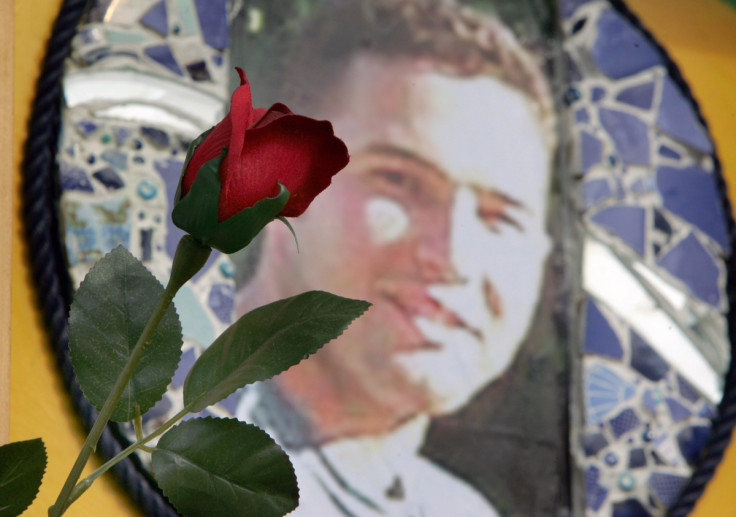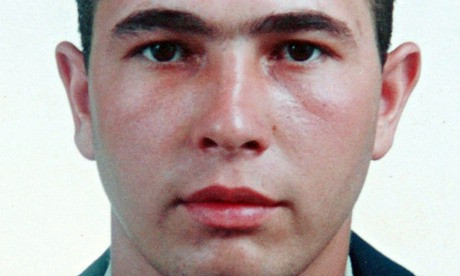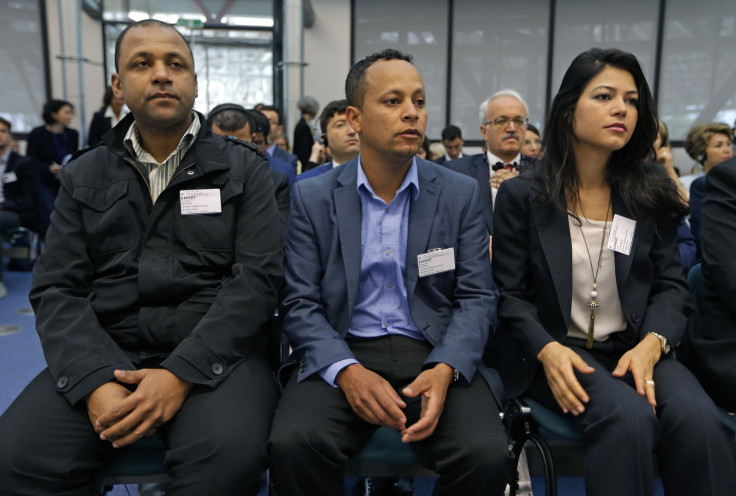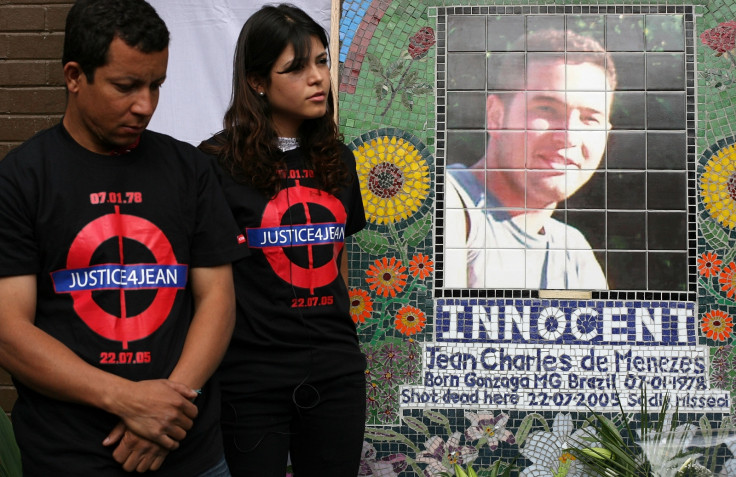7/7 London bombings: Family of Jean Charles de Menezes still searching for justice 10 years on

Ten years since the 7/7 terror attacks which killed 52 people and nine years 50 weeks since the killing of Jean Charles de Menezes, the family of the innocent Brazilian are still searching for justice.
Wearing a backpack the day after a failed London underground suicide bombing attempt which hoped to bring further chaos to the capital, de Menezes was shot several times in the head by armed police officers in Stockwell tube station on 22 July 2005 in a fatal case of mistaken identity.
One of de Menezes's simple decisions thought to have cost him his life on the day of the shooting was when he decided to jump off the number 2 bus in Brixton, south-east London.
At 9:46am, after realising Brixton tube station was closed, de Menezes stepped back on the bus and carried on towards nearby Stockwell station to get in the underground.

What he didn't realise was he was being tailed by specialist surveillance officers as – by sheer chance – he lived in the same block of flats as one of the failed bombers, Hussain Osman.
Believing they were tracking the right man, the officers thought de Menezes stepping on and off the bus was a technique to try to lose anyone who may be following him.
According to the family's lawyer, Michael Mansfield QC, this decision meant that de Menezes was "virtually dead" as police were gearing up to deploy their "shoot to kill" tactic for any potential suicide bomber.
It later transpired that one of the reasons the surveillance officers mistook de Menezes for Osman was because police failed to provide a better photograph of the real terrorist suspect to the officers.
Despite later admitting de Menezes was not a suspect in the failed backpack suicide bombing attempt, the Crown Prosecution Service (CPS) ruled neither of the specially trained officers from the Met's armed unit, CO19, should be charged over the incident.
The family have never accepted this decision and now, after virtually all other British legal avenues became closed off to them, they have taken their appeal to the European Court of Human Rights in Strasburg.
The family will argue that the decision not to prosecute anyone over de Menezes's death is incompatible with Article 2 of the European Convention of Human Rights (ECHR).
The article covers "everyone's right to life shall be protected by law". The section declares that the state must not intentionally take the life of anyone except under three conditions:
a) In defence of any person from unlawful violence
(b) In order to effect a lawful arrest or to prevent the escape of a person lawfully detained
(c) In action lawfully taken for the purpose of quelling a riot or insurrection.
The legal team for the family will argue there is enough evidence to prosecute a number of officers – including senior commanders in charge of the operation – for murder or gross negligence manslaughter.
The lawyers will also argue the threshold applied by the CPS to determine if there should be a prosecution is too high.
The CPS said their decision not to prosecute anyone involved in the shooting was based on a conclusion that there was less than a 50% chance of conviction.

Before the hearing on 10 June, de Menezes's cousin, Patricia da Silva Armani, said: "For 10 years our family has been campaigning for justice for Jean because we believe that police officers should have been held to account for his killing. Jean's death is a pain that never goes away for us.
"Nothing can bring him back but we hope that this legal challenge will change the law so that no other family has to face what we did."
In the years since the shooting, the Met Police was found guilty breaching health and safety laws and fined £175,000 ($274,000, €247,000) and ordered to pay £385,000 costs.
In December 2008 an inquest jury returned an open verdict after rejecting the original version of events. Their answers to the questions of fact ruled that, despite police's version of events, officers did not shout "armed police" at de Menezes before firing, nor did the Brazilian move towards marksman before he was grabbed and thrown to the floor and shot at point blank range.
The inquest also ruled out details in the post-mortem report that de Menezes had vaulted over the ticket barriers before running down the escalators to board the tube at Stockwell. The coroner in the case had already ruled out a verdict of unlawful killing.
In 2009, the family of the Brazilian agreed an undisclosed settlement with Met Police.

Deborah Coles, co-director of charity Inquest, who will be attending the hearing in Strasbourg alongside the family, said: "The failure to bring any criminal prosecutions against police officers responsible for the killing of Jean Charles de Menezes raises significant questions about how the state and its agents are held to account for killing its citizens.
"This has been and remains one of the most contentious issues in relation to the approach of the criminal justice system to deaths in all forms of custody.
"Inquest has longstanding concerns about the way in which the criminal justice system deals with deaths in and following police contact and the need to improve the effectiveness and transparency of the investigation processes and the mechanisms for holding the police to account."
Coles added: "The impunity of the police undermines public confidence and trust and frustrates the prevention of abuses of power, ill treatment and misconduct. This is an issue that has also been the subject of repeated parliamentary scrutiny and inquiry and critical comment at a national and international level."
© Copyright IBTimes 2025. All rights reserved.




















